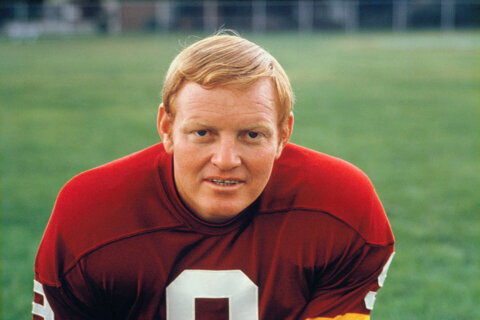WASHINGTON — Cincinnati Reds Manager Bryan Price made headlines this week for his obscenity-laced tirade, which demonstrated his impressive fluency in profanity. But beyond the clickable story of the rant itself, the fallout from the incident highlighted a more serious and dangerous paradigm that continues to emerge in today’s sports world.
For those of you who missed the initial story, here are the basics. Cincinnati Enquirer Reds beat reporter C. Trent Rosencrans, a veteran writer, saw a pair of Reds prospects on his flight to St. Louis, headed to join the big league club for their upcoming series. He did what a reporter is supposed to do, and reported the news.
Later, Price criticized Rosencrans during a media huddle, asking how his team would benefit from the general public (and, by extension, opposing teams) knowing where certain personnel were, and what transactions might be impending. Rosencrans said he did not know. Price told him it was making his job harder, to which Rosencrans replied, “I’m sure it is.” Price then launched into his diatribe, during which he told Rosencrans the following:
“Your job is not to sniff out everything about the Reds and put it out there for every other guy to hear. It’s not your job.”
Of course, that is precisely his job. But what is far more disconcerting than the tirade Price unleashed upon Rosencrans for doing the job he is paid to do was the team-sanctioned apology issued by Price via the Reds’ official Twitter account the following day.
Bryan Price – “In my pre-game conversation with reporters yesterday, I used wholly inappropriate language to describe….
— Cincinnati Reds (@Reds) April 21, 2015
…. the media coverage of our team. While I stand by the content of my message, I am sorry for the choice of words.”
— Cincinnati Reds (@Reds) April 21, 2015
First let’s look at the language. Price is only apologizing for his use of profanity, not for the underlying message — that he believes it is not Rosencrans’ job to report on the team.
The Sporting News’ Jesse Spector effectively summed up the problem with Price’s statements on Wednesday:
“Price’s position is that the Enquirer somehow owes it to the Reds not to print things that would put the team at a competitive disadvantage. He fundamentally misunderstands the role of independent media, which for a manager in his second season in the major leagues is not the least bit understandable. He feels that it is a quid pro quo for his own honesty in his dealings with the media.”
That line has been increasingly blurred over the past few years, especially as Major League Baseball now employs its own beat writers for every team, using their coverage of the team on each club’s official website. Those writers walk a fine line, but are often beaten to breaking news by the rest of the teams’ beat corps.
It’s important to note that Rosencrans is not the Reds.com beat writer, but rather the Enquirer’s. Price’s initial misunderstanding of Rosencrans’ job is disconcerting at best, and his failure to acknowledge his own ignorance the next day is quite troubling.
Even worse than Price’s non-apology, though, is the fact that it was broadcast by the Reds’ own official Twitter feed. As a former operator of a Major League team’s twitter account, I can tell you that no such statement would have been allowed to have been disseminated through such a channel without a thorough vetting by the PR department. In fact, it was likely crafted by a member of said department for Price, because that’s the way things work these days.
So let’s look at what is really happening here. The Cincinnati Reds are effectively issuing that non-apology themselves, and essentially reinforcing what Price said.
We have seen the lines between teams and media blurred already, with instances like Dan Snyder’s purchase and ownership of ESPN 980, the flagship radio station for Redskins play-by-play. Dallas Mavericks owner Mark Cuban openly stated on his blog four years ago that he didn’t see the point of credentialing any outside media, because he believed the industry had “reached a point where our interests are no longer aligned.”
Have we reached the point where professional sports teams think they are above reproach from the independent reporters that cover them? Should any institution, in sports or society at large, be given such a free pass from scrutiny? Doesn’t it seem that professional sports teams — which often rely on public money both in the construction of arenas and in their general solvency through ticket and merchandise sales — should be even more transparent?
If this week’s events are any indication, some teams seem to think not.







